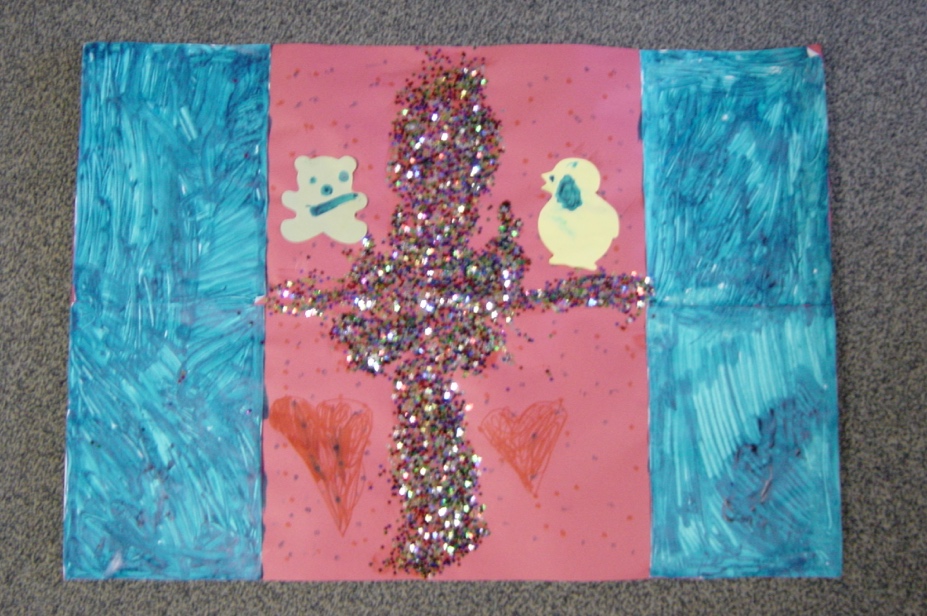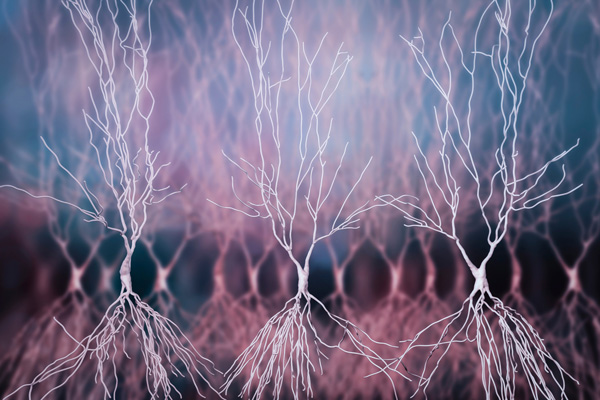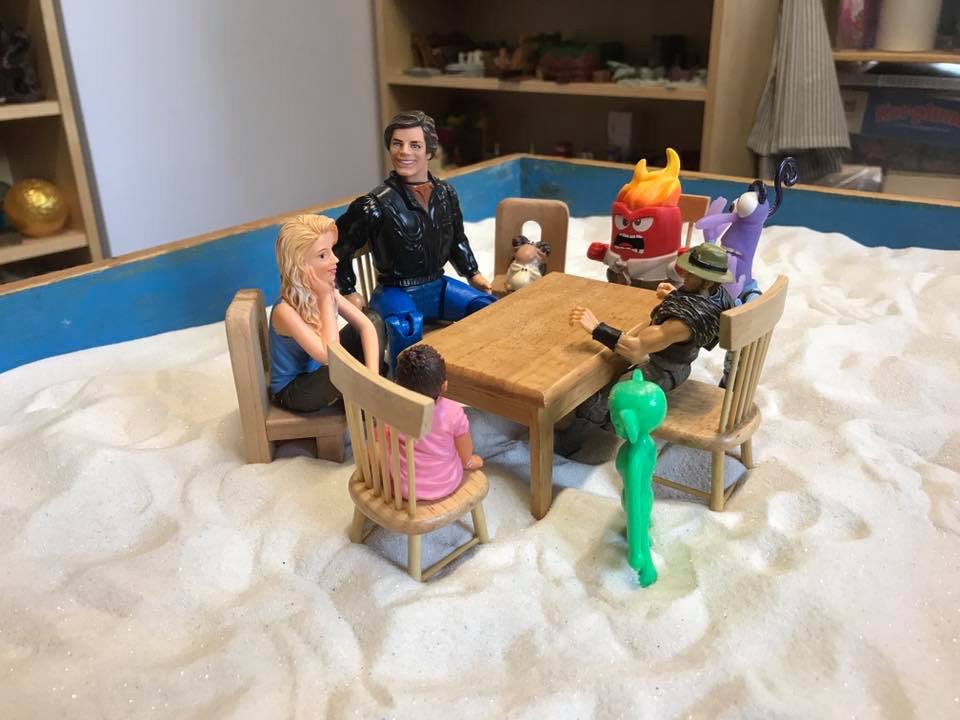“Raise your words, not your voice.
Rumi
It is rain that grows flowers, not thunder.”
Adult Therapy
There is no one single therapy that meets every child’s needs or circumstance. Tiptoes believe in the importance of starting any intervention with a robust assessment of the child and family’s needs. Research has indicated that strong supported parents or carers often do better in supporting children who have experienced sexual harm than those who have their own trauma histories. Indeed, sometimes children can recover from their experiences of sexual trauma without therapeutic intervention if these circumstances exist.
In other circumstances the needs of parents or carers can be so overwhelming for them that they are not in a position to support their children through a therapeutic process until they have addressed their own therapeutic needs.
In recognition of these family situations, we can provide a range of therapeutic interventions, psychoeducation or humanistic counselling to parents/ carers in those situations that would be more effective than providing a therapeutic service to the child.
This has also proven effective prior to the delivery of Filial therapy, Theraplay, DDP or our own attachment service where the children are extremely young or anxious or where the parent/ carers are unable to contain their own emotions.
Adults and Non-Parents
As a result of the success of our parent provision we are now offering our parent-based services to adults who may not have contact with children but are keen to pursue current treatment modalities in a less formal but contained and warm environment.
Our interventions include but are not limited by :-
Art Therapy
“Art was made to overcome chaos”
– Don Jones
Art Therapy is a form of psychotherapy that uses art making and creative activities as its primary method of communication. Art Therapy initially began as an adult centred therapy, since then it has been applied to many areas of psychological wellbeing. Art therapist’s work in hospitals, schools, prisons and day centres with a wealth of client groups including older adults, Forensic patients, adults and young people with eating disorders and perinatal mothers and their infants.
CBT
“Between stimulus and response, there is a space. In that space is our power to choose our response. In our response lies our growth and our freedom.”
– Viktor Frankl
Cognitive Behavioural Therapy (CBT) looks at how our thoughts and behaviours effect the way we feel, both physically and emotionally. By using CBT tools and techniques we can learn to examine and alter our behaviours and the way we think to improve the way we feel.
CBT can be beneficial for a range of problems including generalised anxiety, depression (and low mood), phobias, stress, self-esteem, social anxiety and panic attacks. Adults and young people can find CBT very helpful in improving mood, by enabling a better understanding of the links between our thoughts and feelings that we are often unaware of. CBT can work well with children, though may not be suitable for very young children due to the structured nature of the sessions.
During therapy the therapist and client work together to target a specific problem using CBT tools and techniques, which can then be put into practice outside the sessions. The nature of the therapy tends to be goal oriented and there will be tasks and worksheets to be done in between sessions. It is suitable for dealing with current problems and specific issues, rather than addressing/focusing on past issues.
EMDR
“The only part of you that hurts when you’re given the truth is the part that lives on lies.”
– Stefan Molyneux
EMDR (Eye Movement Desensitization and Reprocessing) is a psychotherapy approach developed by Dr. Francine Shapiro to help people heal from trauma or adversities such as PTSD, childhood abuse, bullying, domestic violence, insecure attachment patterns, abandonment, and many other life issues that impact on current circumstances in relationships, family, work and even performance.
HGT
Courage doesn’t always roar.
Sometimes courage is the quiet voice
at the end of the day saying,
“I will try again tomorrow.“
– Radmacher
“Human Givens” is a holistic therapeutic approach for emotional and psychological wellbeing, positive development and growth. It is based upon using all the psychological resources we are gifted with as humans to meet our innate emotional needs in a balanced and sustainable way.
It has proved effective in helping people experiencing depression, anxiety phobias, OCD, trauma/PTSD and addictions. It is used successfully in practice with adults and young people, but has also been applied to education, work with families and conflict resolution/mediation.
It incorporates both cognitive work (Psycho-education), insights into how the mind works from neuroscience, and creative approaches such as using metaphors, storytelling, guided imagery and visualisation.
IFS
“Who ARE You?” (This was not an encouraging opening for a conversation) Alice replied, rather shyly; “I–I hardly know, sir, just at present– at least I know who I WAS when I got up this morning, but I think I must have been changed several times since then.”
– Lewis Carroll. Alice in Wonderland
The Internal Family Systems (IFS) method is a way to understand your internal system and help it to transform and heal. IFS is based on the principle that there is an undamaged, resourceful self at the core of every person and that accessing and working with that self is a safe, effective way to heal other, hurt parts of the mind.
ISPT and JSPT
“Until you make the unconscious conscious, it will direct your life and you will call it fate”.
– Carl Jung
Are two models of sandplay therapy. Sandplay therapy is a largely nondirective, therapeutic intervention that makes use of a sandtray and symbols (figures of people, animals, buildings, flora and fauna, vehicles and ‘everything in the world or anything that could be in it’) to create images that reflect a person’s inner thoughts, struggles, and concerns allowing the participant the freedom to consider beliefs, experiences and traumas in a non-shaming and contained manner. This form of play therapy can be practiced along with ‘talking therapy’, using the sandbox and figures as communication tools to aid the sharing of overwhelming feelings.
Play Therapy
“We don’t stop playing because we grow old; we grow old because we stop playing.”
– George Bernard Shaw
Play therapy can be used with adults. It Increases our capacity to connect, wonder, imagine, create, share, recall, regulate and practice. It provides the opportunity to decrease stress, project and take on different roles.
We can work through strong feelings and yet stay in our window of tolerance (our capacity to stay regulated).
Sensorimotor Psychotherapy
“There are maps through your
bones and skin, to the way you’ve felt and the way you’ve been.”
– Christopher Poindexter
Sensorimotor Psychotherapy is somatic psychological psychotherapy. It draws its knowledge from somatic or body therapies, (including Hakomi), neuroscience, attachment theory as well as cognitive approaches.
The approach developed by Pat Ogden recognises two major ways we are affected by trauma and/or by developmental trauma.
It also has a third approach developed by Janina Fisher that provides an effective method for working with complex trauma.









